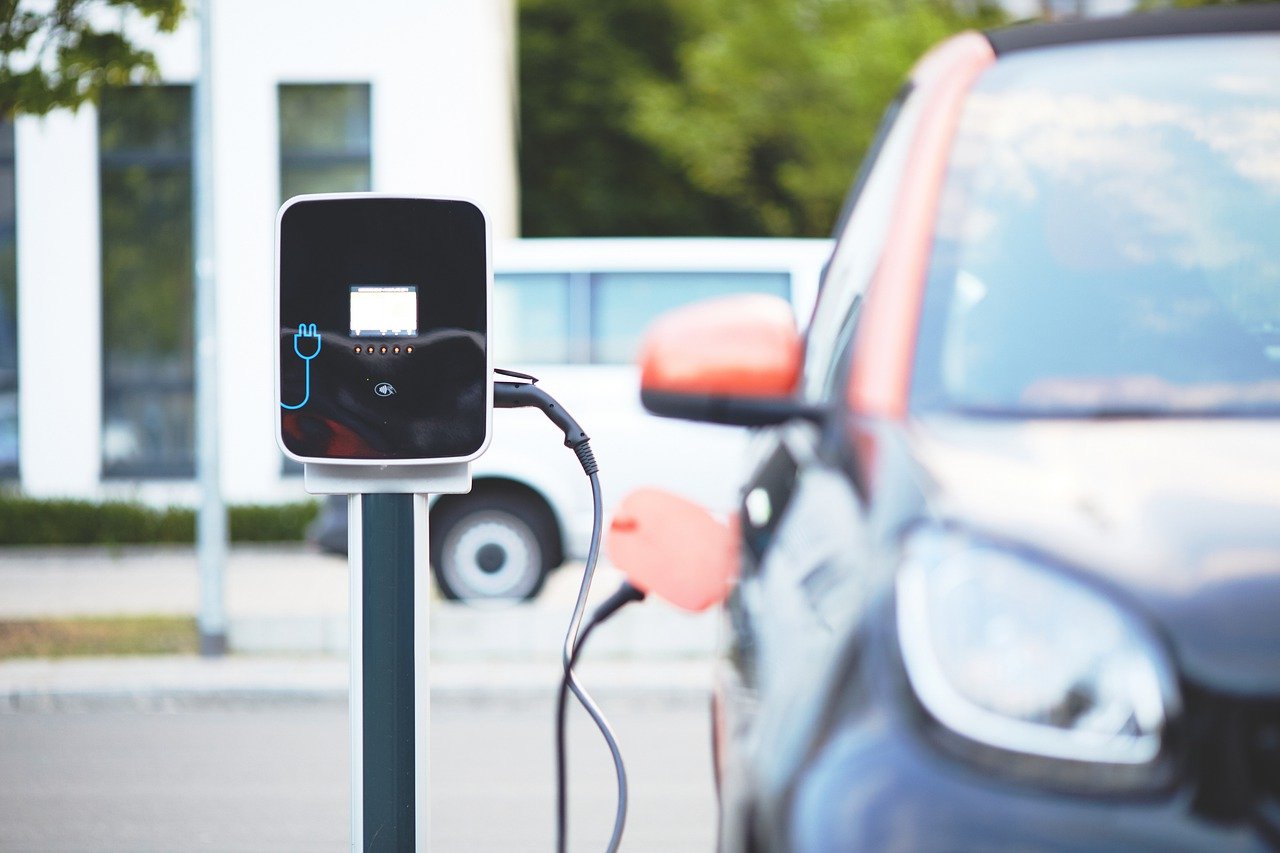
Diesel, petrol or electric?
Company cars can be replaced by a fuel car until June 30, 2023. Afterwards there will be a transitional arrangement until end of 2025. Today, a fuel car is 40% – 100% tax deductible and electric cars always 100%. Electric cars are however more expensive for a comparable model, resulting in a higher needed leasing budget.
The average catalogue value for an electric company car is equal to 51.500 EUR compared to 34.500 EUR for a fuel car according to HR-company Acerta. This makes a big difference in the needed leasing budget. If you look at the past 3 years, the purchase price of electric cars increased less compared to fuel cars.
However, the catalogue value is not the only thing that needs to be looked at. It would be better to look at the total yearly cost of a company car. You also need to include (fuel/electricity) consumption, taxes, tax deductibility and resale price. All this together is the total cost of ownership (TCO).
Total cost of ownership
If you would compare the TCO of a fuel car (VW Golf diesel) with an equivalent electric car (Nissan Leaf), you will see that currently the TCO of both cars are analogous (Golf: 10.288,70 EUR vs Leaf: 10.315,92 EUR).
Why is the TCO analogous when the leasing price for an electric car is higher? The maintenance cost of electric cars is lower than for fuel cars. Furthermore, the average tax deductibility of an electric car (100%) is higher than the average the fuel cars. Also, the consumption of an electric car costs less per kilometre than the consumption of a fuel car.
The tax deductibility of fuel cars will only lower the coming years. As from 2026 it is best to not buy a fuel car anymore, as it is no longer tax deductible. Even more, your employee will need to pay an increased social security contribution on the fuel car. If you would buy a plug-in hybrid car as from January 1 2023, the tax deductibility of your fuel costs will be limited to 50%.
|
Tax benefit cars bought till 30/06/2023 |
|
|
Fuel cars |
Electric cars |
|
40-100% tax deductible |
100% deductible |
|
Tax benefit cars bought as from 01/07/2023 and before 31/12/2025 |
|
|
Fuel cars |
Electric cars |
|
2023: 40-100% tax deductible |
2023: 100% deductible |
|
2024: 40-100% tax deductible |
2024: 100% deductible |
|
2025: 40-75% deductible |
2025: 100% deductible |
|
2026: 40-50% deductible |
2026: 100% deductible |
|
2027: Max 25% deductible |
2027: 95% deductible |
|
2028: 0% deductible |
2028: 90% deductible |
|
2029: 0% deductible |
2029: 82,5% deductible |
|
2030: 0% deductible |
2030: 75% deductible |
|
2031: 0% deductible |
2031: 67,5% deductible |
|
Tax benefit cars bought from 01/01/2026 |
|
|
Fuel cars |
Electric cars |
|
2026: 0% deductible |
2026: 100% deductible |
|
2027: 0% deductible |
2027: 95% deductible |
|
2028: 0% deductible |
2028: 90% deductible |
|
2029: 0% deductible |
2029: 82,5% deductible |
|
2030: 0% deductible |
2030: 75% deductible |
|
2031: 0% deductible |
2031: 67,5% deductible |
By Timo Declerck, Manager at Pink Bay


